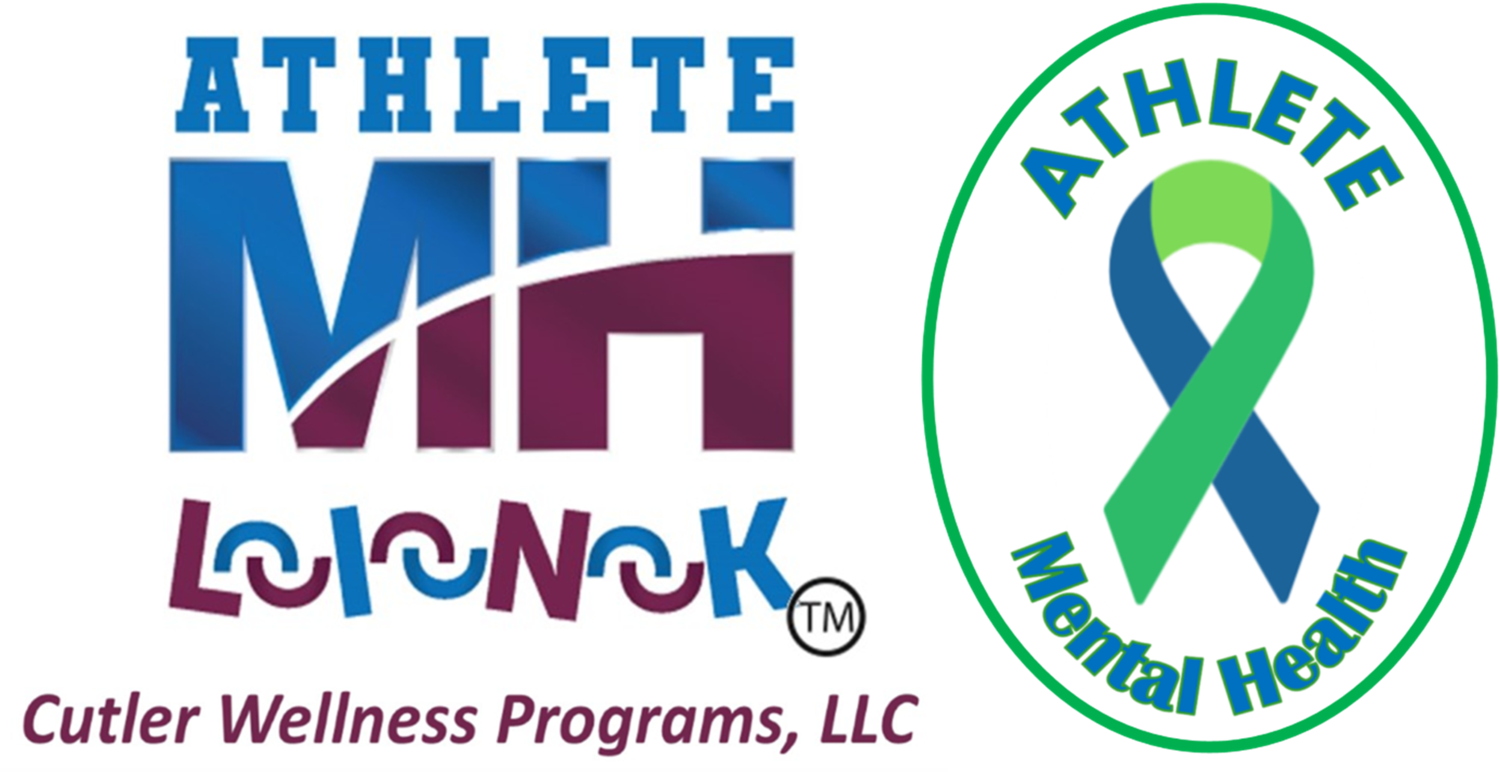
Coaches (& Parents)
17 Phrases your Players want to Hear from You & Your Staff
Article on FootballScoop.com
Mindful Coaching: How to Support Student Athletes
Teach a body scan so they can notice points of tension and stress. Homework: listen to this guided audio Body Scan Practice.
Preventing Addiction as a Provider, Athletic Trainer, Coach, or Parent
Sunshine Behavioral Health Has Great Cyberbullying Resources
Cyberbullying is a very serious problem and there are several precautions that can help with preventing it before it even starts. Let’s take a look.
Cyberbullying is a problem, but how big a problem remains to be determined. Its apparent growth may be due to the increased prevalence of electronic devices, individuals’ obsessions with going online and staying connected, and the awareness that these factors could cause problems, including increased mental health issues such as substance abuse.
Youth Athlete - Coaches
GET SAFESPORT® TRAINED!
The U.S. Center for SafeSport produces abuse awareness and prevention courses, with more than a dozen courses now available to all on our SafeSportTrained.org learning portal.
Coaching Resources for Teacher’s Toolbox
SHAPE America is committed to putting all children on the path to health and physical literacy. To support this commitment, SHAPE America believes that organized sport and physical activity programs should be conducted and coached by individuals with the requisite knowledge of positive youth development.
To help youth and interscholastic sport coaches, coach educators and sport researchers, we offer a broad array of programs, products and services.
The NFHS Learning Center offers a 3-level national coaching credential that helps you gain knowledge you can use to provide a fun, educational, and a safer environment for your students.
This national credential was developed for individuals who are currently coaching or aspire to coach at the interscholastic level. The goal is to enhance the ability of the coach to better serve students, the school, the community, and the profession of coaching.
Overview
Youth sports coaches, many of which are volunteers, are the foundation of youth sports in the U.S. Those who are trained and educated on the many different aspects involved with coaching kids are best prepared to provide participants with a fun-filled, safe and rewarding experience.
NAYS Coach Training & Membership Program, formerly the National Youth Sports Coaches Association or NYSCA, is the most widely used coach training program in the nation, having trained more than 3 million coaches since its inception in 1981. NAYS Coach Training is available online for coaches to complete at their convenience; and it’s also offered on-site in more than 3,000 communities nationwide.
The training and membership fee is $20.
A positive approach gets the most from youth and high school athletes, which is what coaches, parents and the athletes themselves want. Staying positive also helps youth get the most out of sports.
Encouraging athletes with positive reinforcement helps them hear and heed the necessary corrections. With that winning combination of truthful, specific praise and constructive criticism, athletic performance improves and so do the chances that kids stick with sports longer and learn all the valuable life lessons inherently available through organized competition.
Academic research and real-world scoreboard results from millions of coaches, parents and athletes that PCA has trained and educated prove what the pro and college coaches on PCA’s National Advisory Board already know: Positive is powerful.
Youth Athlete - Parents
Parents of college athletes, You are in a unique position... your child is an adult by the law and therefore by the University, but there are things you can do to keep the best interest of your collegiate athlete in focus.
Parents take NFHSLearn Courses
The NFHS is an accredited institution by Cognia and exceeds the same high standards that are expected from schools across the country.
College Athlete - Parents
Parents of college athletes, You are in a unique position... your child is an adult by the law and therefore by the University, but there are things you can do to keep the best interest of your collegiate athlete in focus.
Things to consider to help you and the athletic department, best support the mental health of your Student Athlete.
All Athletic departments assign 1 Associate Athletic Director to multiple sports as the administrator, know who this is for your child's team.
Ask if the institution has a MHEAMP (Mental Health Emergency Action and Management Plan).
What is your child's institutional policy on notifying parents if there is a mental health crisis?
Is there a Life Skills coordinator or program? Is it Mandatory?
Is there an identified Mental Health Coordinator that is not a coach, trainer or affiliated with a specific team?
Become familiar with the campus counseling center.
Ask your child's coach if he/she has had any training identifying Student Athlete's that may be showing issues with Mental Well-being.
Do normal parenting things; ask your athlete how they're doing? Are they finding time to rest? What are they doing on the weekends? Who are their favorite people associated with the team? If your athlete doesn't have a positive response to these questions and the pattern persists you may want to begin asking more questions. It is important to give them some space to acclimate to their new experience but keeping open dialogue is important.
Hilinski’s Hope #3
Hilinski’s Hope Foundation is a non-profit organization formed to promote awareness and education of mental health and wellness for student athletes. The Foundation’s mission is to educate, advocate, and remove the stigma associated with mental illness, while funding programs that provide student-athletes with the tools and resources that support their mental health and wellness.










